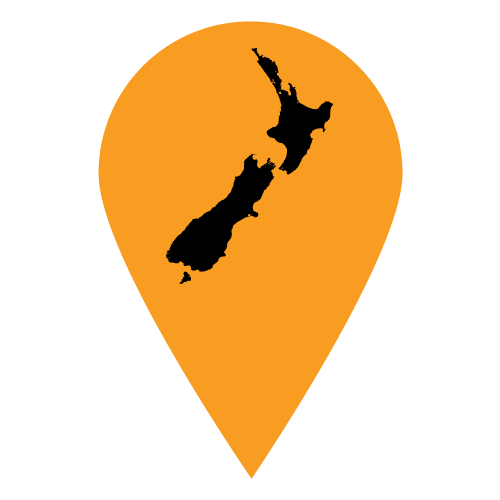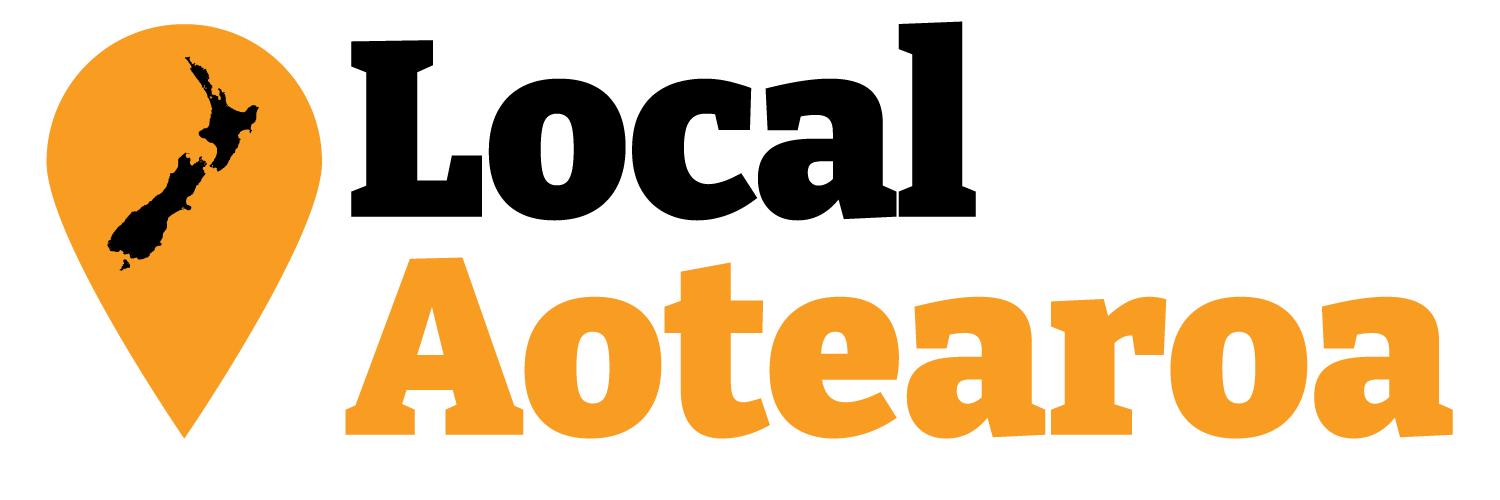Wellington City Council votes to ground Wellington Airport sale, for now...
An AI-generated image of a low-flying airplane spraying cash over an airport terminal.
After an acrimonious meeting that saw councillors trading barbs like irate Air Traffic Controllers, and a member of the public ejected from the gallery, Wellington City Council has voted nine to seven to amend its long-term plan on the basis of not selling its 34 percent share in Wellington Airport. But if you think the airport sale has been permanently grounded, think again.
After intense lobbying from mana whenua, the clause in the Notice of Motion that would have removed any delegation for a committee or subcommittee to consider the long-term plan amendment was voted down unanimously. In something reminiscent of a go-around manoeuvre, this means that the long-term plan amendment will need to pass through the council’s Kōrau Tōtōpū | Long-term Plan, Finance, and Performance Committee at least twice more. Once to approve a draft amendment to consult with the public on, and again to recommend a long-term plan amendment to the whole council.
Very appropriate given the challenges of trying to land at Wellington Airport on a windy day.
Like pilots arguing with Air Traffic Control on who has priority for landing, council officers were debating throughout the meeting with elected members on whether council could or couldn’t amend recommendations from the committee on the long-term plan.
The position of council officers is that the council can’t. However, Victoria University of Wellington’s Dr Dean Knight has cast doubt on that, pointing to both precedent within Wellington City Council and previous legal discussion about the topic. His thread on Twitter is well worth the read for local government spotters, but the short of it is that council’s governing body probably can amend recommendations on the long-term plan from the committee, and there’s a question around the extent of delegations to that committee too..
This is critical because it was the two critical votes of mana whenua appointees Liz Kelly and Holden Hohaia that saw that committee vote in favour of selling the airport shares in the first place. It’s within the realms of possibility that the committee, after considering the findings of public consultation on the amendment, could vote to recommend to council to proceed with the airport sale, setting up a showdown that could have jumbo jet sized ramifications for the council’s future.
Because while the risk of intervention by Local Government Minister has been overstated by proponents of the sale to date, if the council ends up in a situation where the Long-term plan committee and the council’s main governing body are deadlocked, with the council continuing to refuse permission for the airport sale to land while the committee tries to get it on final approach, then Simeon Brown may have no choice but to step into the control tower.
But that scenario is only a distant echo on the radar at the moment, with plenty of runway to be covered between now and then.
A more immediate question is what this means for the mayoralty of Tory Whanau. Whanau pitched her mayoralty as being able to use the relationship skills she developed in Parliament as Chief of Staff for the Green Party during its term supporting the Labour-led Coalition. However, Whanau’s time in the captain’s chair recently has seen her suffer high profile defeats. Her proposal for a corporate bail out by buying the land under the derelict Reading Cinemas building was initially passed and then defeated, and now the crash landing for her signature airport sale has seen Whanau burn political capital faster than the Concorde burnt through jet fuel.
A bit like how former Qantas CEO Alan Joyce went from being the star of the Australian business world in the early 2010s to becoming its villain in his final years, Whanau has alienated many of her core supporters by advocating for high profile policies that would sit comfortably in the flight plans of parties whose leaders are more accustomed to flying business class than economy.
Whether Whanau can get another endorsement from the Wellington branch of the Green Party remains to be seen, especially given their excommunication of Councillor Iona Pannett in the lead up to the 2022 local government elections. Likewise, Labour is unlikely to make the mistake of selecting a candidate who’s unable to take flight as they did when trying to shuffle Paul Eagle out of Parliament by nominating him for the mayoralty.
Whanau also can’t play the role as being the independent carrier challenging the big name incumbents this time around. There’s no Paul Eagle vs Andy Foster rivalry to chart a course through, especially when she was promoting her candidacy as a way to calm the turbulence that plagued Foster’s stint leading the council. The only plus side to this is that it also makes it difficult for anyone else to play the role of an independent outsider too, as Wellingtonians will be wary of anyone proposing such a flight path so soon after the last one roared overheard.
However, there’s still a year to go until the next round of elections, which in politics is the equivalent of a long-haul flight. There’s still plenty of things that could play out both for her and any likely opponents that could see any of them encounter head or tailwinds over the coming 12 months. A bit like landing in Wellington in a howling southerly, it’s difficult, but the measure of a good pilot is being able to stick such a landing without ending up on the front page of The Post.





